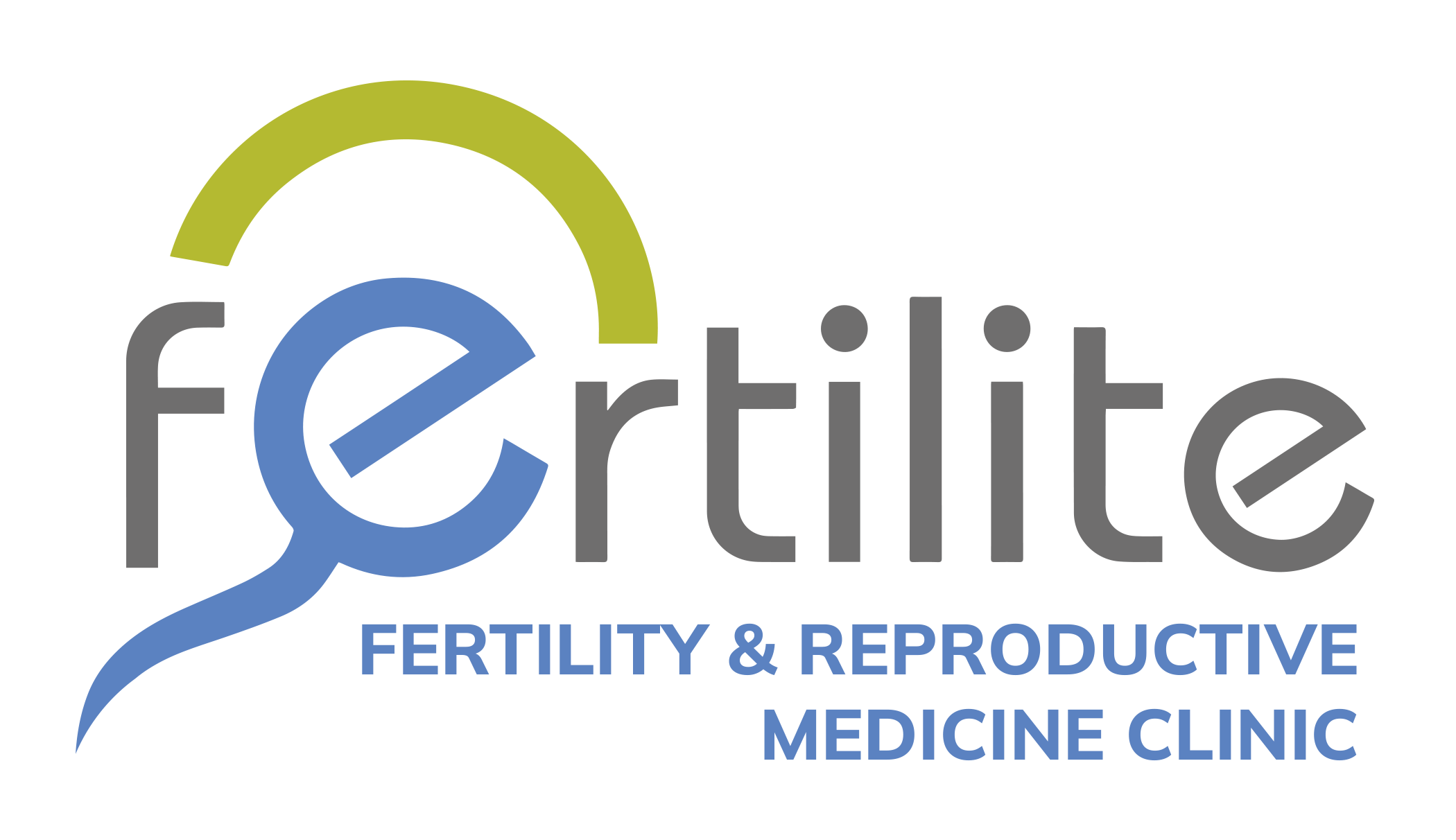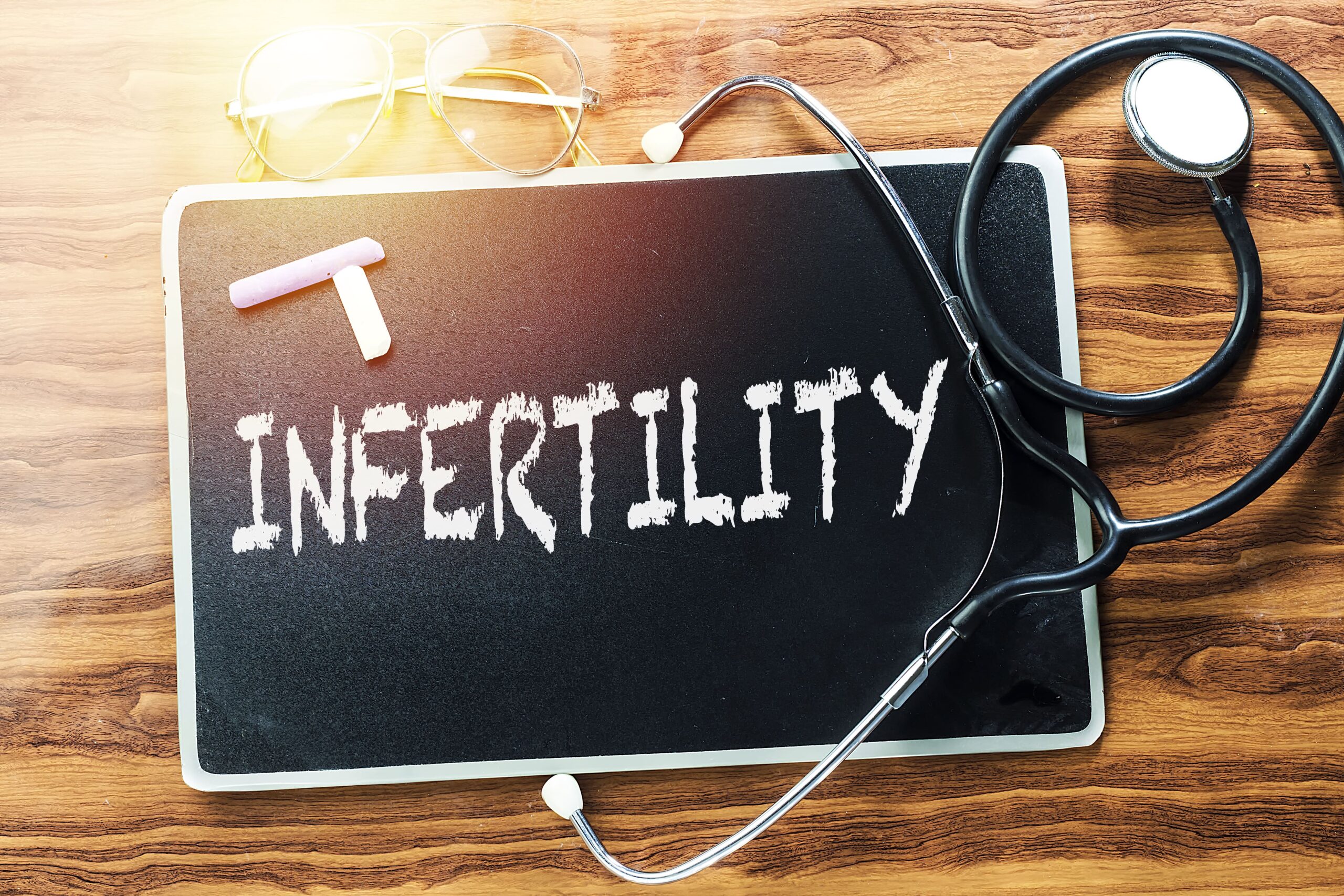Modern reproductive medicine now offers advanced solutions like IVF to prevent genetic disorders, helping families achieve healthy pregnancies through science and precision. One of the most powerful tools in this process is PGT-M (Preimplantation Genetic Testing for Monogenic Disorders) — a breakthrough form of genetic testing used during IVF cycles.
This advanced genetic screening technique helps detect and prevent specific hereditary diseases in embryos before embryo transfer, allowing couples to avoid passing on single-gene disorders. Through PGT-M testing, fertility specialists can identify healthy embryos using embryo testing and DNA testing, ensuring that only genetically sound embryos are selected. By integrating IVF genetic testing into the fertility process, couples gain peace of mind, reduce genetic risks, and increase their chances of a successful, healthy pregnancy.
How Does PGT-M Work in IVF?
If you’ve ever wondered how IVF can help with genetic disorders, the process involves combining traditional IVF procedures with preimplantation genetic testing (PGT) techniques to identify potential genetic conditions before pregnancy begins. PGT-M testing focuses on detecting single-gene (monogenic) disorders—conditions caused by mutations in a single gene—within embryos created through IVF. This advanced genetic testing process allows fertility specialists to identify and select embryos that are genetically healthy and free from specific inherited conditions.
By integrating genetic screening, embryo testing, and DNA testing into the IVF process, couples gain valuable insights into their embryos’ health before they are transferred into the uterus. This not only helps prevent genetic disorders with IVF but also improves the chances of a healthy pregnancy and baby.

Here’s how this advanced genetic testing before embryo transfer works step-by-step:
- Embryo Development: After fertilization, the embryos are carefully monitored and allowed to develop to the blastocyst stage (typically by day 5 or 6). At this stage, embryos have divided into hundreds of cells and are ready for PGT-M testing. The development process is observed in a controlled laboratory environment to ensure optimal growth and quality.
- Cell Biopsy: A small number of cells are gently removed from the outer layer of the embryo, known as the trophectoderm, which later forms the placenta. This precise embryo testing step is performed by embryologists using advanced micromanipulation technology and does not harm embryo development or its potential for implantation. Each biopsy is handled with extreme care to preserve the embryo’s integrity.
- Genetic Analysis: The sampled cells undergo detailed DNA testing and genetic analysis in a specialized laboratory. During this process, experts examine the embryos’ genetic code for specific gene mutations, chromosomal abnormalities, or known hereditary conditions associated with the parents’ genetic profiles. The embryos remain safely frozen (cryopreserved) during this period to ensure their viability until results are ready. This phase of genetic screening provides critical information for genetic counseling, enabling couples to understand potential risks and outcomes.
- Embryo Selection: Once the genetic screening is complete, only embryos free from targeted genetic mutations are selected for transfer. This genetic testing before embryo transfer ensures that only healthy embryos are used, significantly reducing the risk of transmitting inherited diseases. These selected embryos can then be transferred into the uterus in a future IVF cycle or stored for later use.
Through this advanced approach, PGT-M, combined with IVF genetic testing, offers families the ability to make informed reproductive choices. It empowers couples to use IVF to prevent genetic disorders, enhance pregnancy success rates, and secure a healthier future for their children.
Other Types of Preimplantation Genetic Testing (PGT-A and PGT-SR)
In addition to PGT-M testing, Fertilite Center offers PGT-A (Preimplantation Genetic Testing for Aneuploidies) and PGT-SR (Preimplantation Genetic Testing for Structural Rearrangements), providing a comprehensive approach to IVF genetic testing. PGT-A screens embryos for chromosomal abnormalities (aneuploidies), helping prevent miscarriages and failed implantation by selecting embryos with the correct number of chromosomes. It is especially recommended for women over 35, couples with repeated IVF failures, or a history of miscarriage.
PGT-SR focuses on detecting chromosomal translocations or structural rearrangements that may cause infertility or developmental disorders. Through precise embryo testing and genetic screening, embryos with balanced chromosomes are identified for transfer, minimizing the risk of miscarriage and increasing the chance of a healthy pregnancy.
Together with PGT-M, these advanced forms of preimplantation genetic testing allow couples to address different fertility needs—from preventing single-gene disorders to ensuring chromosomal health. Offering all three types of genetic testing before embryo transfer ensures that IVF to prevent genetic disorders is personalized, effective, and optimized for the best possible outcomes.
Who Should Consider PGT-M in Their IVF Cycle?
PGT-M testing is an invaluable tool for individuals and couples who face an increased risk of passing on hereditary diseases. It integrates genetic testing, genetic screening, and embryo testing into the IVF process to ensure only healthy embryos are transferred. This type of preimplantation genetic testing (PGT) allows families to make proactive, informed decisions about their reproductive future. If you’ve ever wondered whether IVF can help with genetic disorders, PGT-M is one of the most effective options for preventing the transmission of single-gene diseases.
Couples or individuals should consider PGT-M testing in IVF if they fall into any of the following categories:
- Carriers of Genetic Conditions: If one or both partners carry a specific gene linked to a hereditary condition, PGT-M can help ensure that an embryo without that gene is selected.
- Families with a History of Monogenic Diseases: For couples with known conditions such as cystic fibrosis, sickle cell anemia, or muscular dystrophy, preimplantation genetic testing provides safer family planning.
- Parents of Affected Children: Couples who already have a child with a genetic condition often turn to IVF genetic testing to prevent recurrence in future pregnancies.
- Couples Seeking Genetic Counseling: Even couples without a known genetic condition may benefit from genetic counseling before starting an IVF cycle. A genetic counselor can review both partners’ family histories and recommend PGT-M or other forms of genetic screening if there’s a potential risk. This step ensures personalized guidance, helping couples understand how genetic testing fits into their fertility plan.
By incorporating PGT-M testing, IVF genetic testing, and preimplantation genetic testing, couples can confidently move forward with family planning while reducing the risk of inherited disease. For those carrying genetic mutations or with a family history of hereditary disorders, PGT-M provides a powerful, science-backed way to achieve a healthy pregnancy and protect future generations.
Benefits of PGT-M in IVF
PGT-M and genetic screening provide a range of benefits for couples pursuing IVF with genetic testing:

1. Preventing Genetic Disorders
The main advantage of PGT-M testing is its ability to significantly reduce the risk of transmitting genetic disorders such as cystic fibrosis, Huntington’s disease, or thalassemia. By transferring only healthy embryos, couples improve their chances of a successful, complication-free pregnancy.
2. Lower Risk of Affected Pregnancies
Through accurate embryo testing and DNA testing, embryos carrying genetic mutations are identified early, lowering the chances of miscarriage or pregnancy complications caused by genetic abnormalities.
3. Empowered Family Planning
Preimplantation genetic testing (PGT) gives couples confidence in family planning. With genetic counseling, patients receive professional support to understand their results and make informed choices about embryo selection.
Considerations for PGT-M in IVF Cycles
While IVF with PGT-M testing offers remarkable advantages, couples should consider the following factors:
- No Guaranteed Success: While IVF genetic testing improves the chances of a healthy pregnancy, it doesn’t guarantee conception. Success still depends on embryo quality and other fertility factors.
- Increased Complexity and Cost: Incorporating PGT-M adds laboratory procedures and genetic analysis to the IVF cycle, slightly increasing cost and time. However, for many couples, the reassurance of preventing serious genetic disorders outweighs these considerations.
- Need for Expert Guidance: Couples are encouraged to undergo genetic counseling before and after PGT-M testing to fully understand results and make informed reproductive decisions.
How Accurate Is PGT-M Testing in IVF?
When considering preimplantation genetic testing (PGT) during IVF, one of the most common questions patients ask is: How accurate is it? The good news is that PGT-M testing and other forms of genetic screening used in modern IVF are highly precise. With advanced embryo testing and DNA testing techniques, labs can detect single-gene mutations and chromosomal abnormalities with accuracy rates often exceeding 95–99%.
While no genetic testing method is 100% perfect, PGT-M significantly minimizes the chance of transferring embryos with inherited conditions. The accuracy depends on several factors, including lab technology, the specific gene mutation being tested, and the quality of the embryo sample obtained during biopsy.
By incorporating PGT-M testing into your IVF genetic testing plan, you can take proactive steps toward a healthy pregnancy and reduce uncertainty in your fertility journey. This precision-based approach helps ensure that the selected embryos are genetically healthy before transfer, providing families with peace of mind and confidence in their IVF outcomes.
The Role of Genetic Counseling in IVF
Before beginning IVF to prevent genetic disorders, many couples benefit from genetic counseling — a vital step in understanding inherited risks and planning the best fertility treatment approach. Genetic counseling helps individuals and families interpret genetic testing results, understand how specific conditions are inherited, and explore available options such as PGT-M testing or genetic screening.
A certified genetic counselor works closely with your fertility specialist to evaluate your personal and family health history, discuss the implications of DNA testing, and guide you through every step of the IVF genetic testing process. This supportive approach empowers you to make informed choices about genetic testing before embryo transfer, ensuring that your IVF journey is both medically sound and emotionally supported.
At Fertilite Center, we believe that genetic counseling is not only about identifying risk—it’s about helping families make confident, compassionate, and well-informed decisions about their reproductive future.
Conclusion
Using IVF to prevent genetic disorders through PGT-M is a groundbreaking advancement in modern fertility care. By integrating genetic screening, embryo testing, and DNA testing into the IVF process, families can minimize genetic risks and maximize the likelihood of a healthy pregnancy. PGT-M empowers couples to make informed decisions, ensuring a future free from preventable hereditary diseases. Through genetic counseling and the expert support of fertility specialists, you can confidently take steps toward a healthier family and a brighter future.
If you want to learn more about IVF genetic testing or preimplantation genetic testing, contact Fertilite Center today to discover how our advanced technology and compassionate care can help you build the family you’ve always dreamed of.
Frequently Asked Questions
- What is the success rate of of IVF for genetic reasons?
-The success rate of IVF with PGT to prevent inherited disorders generally ranges from 40–60% per embryo transfer for women under 35, with slightly higher rates when genetic testing before embryo transfer ensures only chromosomally normal embryos are selected.
- Is IVF more successful with PGT?
-Yes, IVF genetic testing with PGT increases implantation rates and reduces miscarriage risk by selecting healthy embryos, particularly for women over 35 or those with recurrent pregnancy loss..
- What genetic disorders can IVF genetic testing detect?
-IVF genetic testing and PGT-M can detect a wide range of single-gene disorders, including cystic fibrosis, Huntington’s disease, sickle cell anemia, Tay-Sachs disease, and muscular dystrophy. Advanced embryo testing can also identify chromosomal abnormalities that may impact embryo viability or pregnancy success.
- How much does PGT-M testing cost during IVF?
The cost of PGT-M testing varies but typically adds $3,000 to an IVF genetic testing cycle, providing reassurance by helping prevent serious hereditary conditions.
- At what point do most IVF fail?
-Most IVF failures occur at implantation, often due to embryo chromosomal abnormalities, uterine issues, or hormonal and immune factors.
- What are the pros and cons of genetic testing IVF?
-Genetic testing (PGT) in IVF helps select healthy embryos, increasing pregnancy success and reducing miscarriage or inherited disease risk. However, it adds cost and may result in the loss of potentially viable embryos. It also isn’t foolproof, as testing can miss abnormalities or produce inconclusive results.
- How to prevent genetic disorders?
-Genetic disorders can be prevented through carrier screening and genetic counseling before conception to identify potential risks. During IVF, preimplantation genetic testing (PGT) can help select embryos without genetic abnormalities. Maintaining a healthy lifestyle and avoiding harmful environmental exposures during pregnancy also supports healthy genetic development.
- Are IVF babies more likely to have autism?
-Current research shows no direct link between IVF and autism; slightly higher risks in some studies are likely due to older parental age, multiple births, or premature delivery, not the IVF procedure itself.
Updated 21 Oct 2025
Created: 01 Nov 2024




